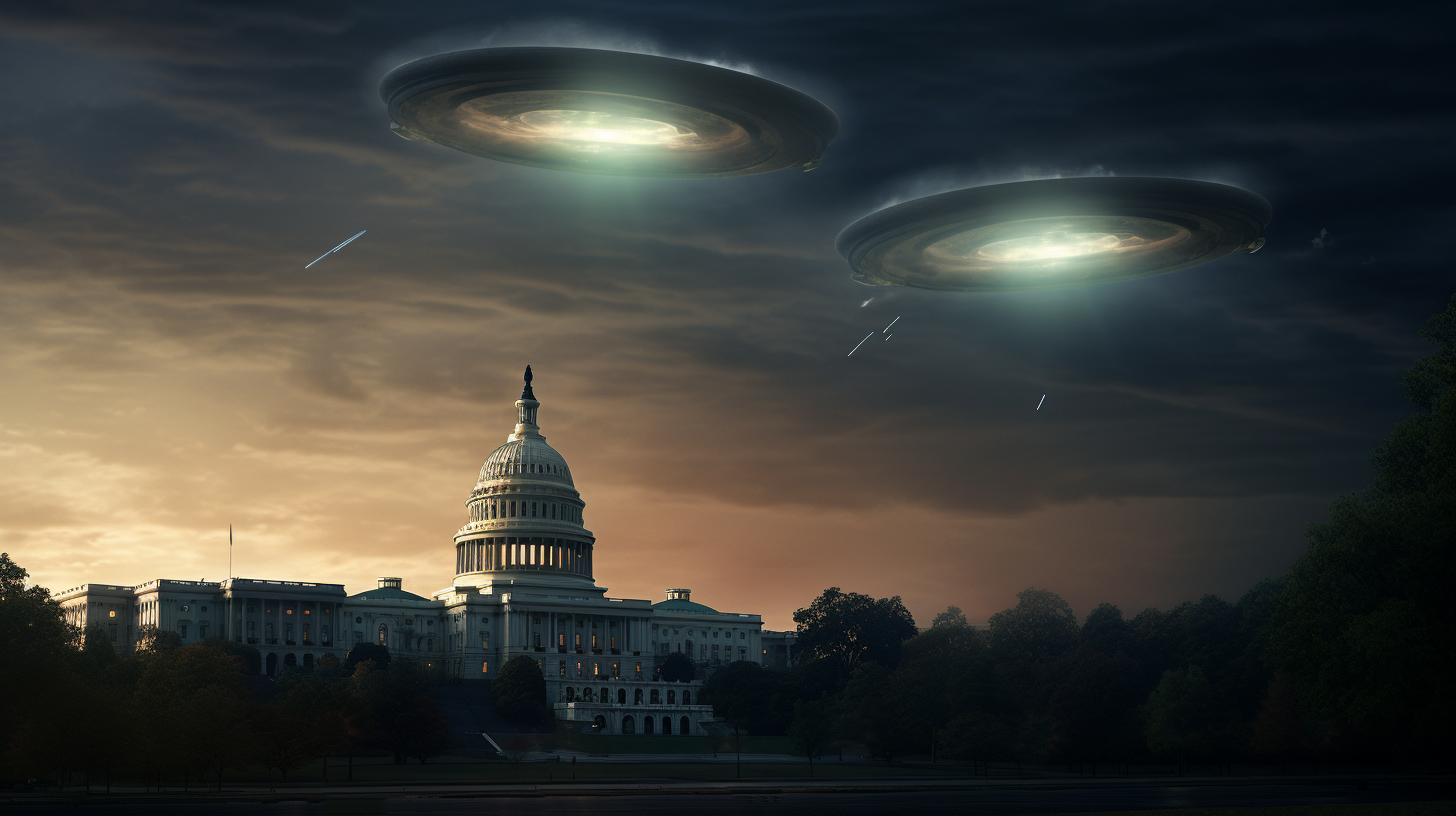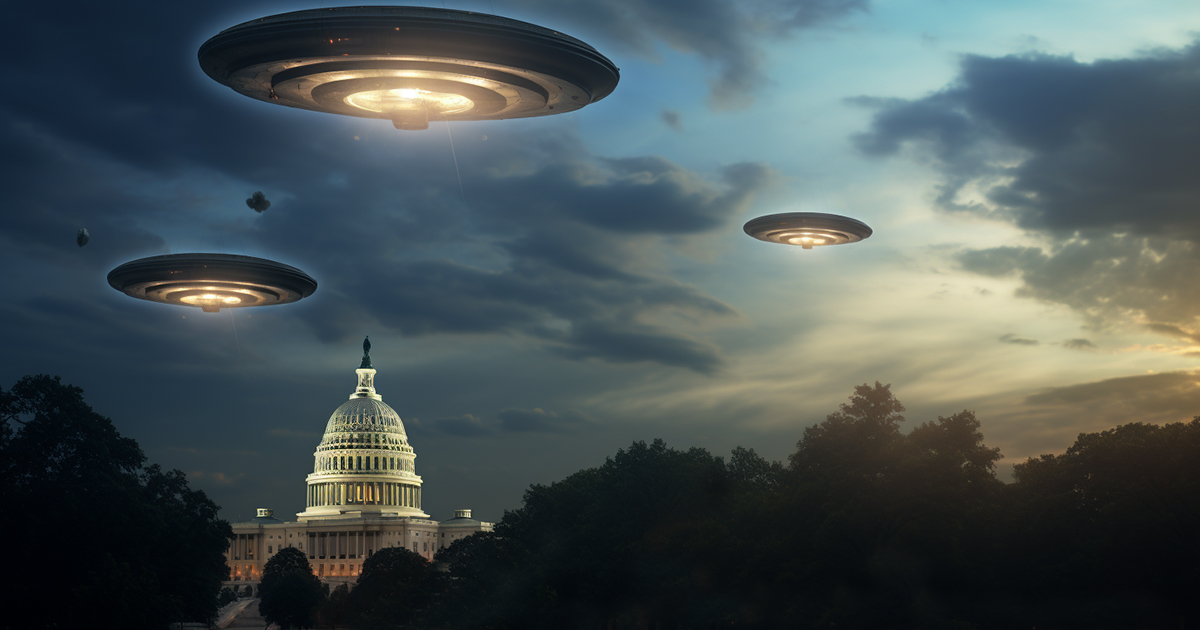Amidst scorching turmoil in 1812, Washington, D.C. found itself entangled in a fierce confrontation with the British during the War of 1812, a monumental struggle gripping the fledgling United States.
A persistent shadow of uncertainty loomed over the Americans as the British forces advanced towards the capital, escalating tensions and paving the way for a series of extraordinary occurrences that would reshape history in bewildering ways, echoing across the ages.
Throughout the summer of 1812, as intense battles raged and the British inched closer, the American military grappled to withstand the invasion.
In the face of imminent danger, President Monroe and other leaders abandoned the deserted capital, leaving it vulnerable to the British’s plan to deal a devastating blow to the United States by reducing its capital to ashes.
Despite meticulous schemes for the annihilation of Washington, D.C., with the White House as the focal point, fate took an unexpected turn on that fateful summer day.

Clear skies swiftly gave way to dark storm clouds that engulfed the city. Pouring rain extinguished the flames that menaced the core of the United States.
In an odd twist of fate, a sudden tornado materialized and barreled towards the British troops, forcing them into a swift retreat. It was an exceptional convergence of natural forces that defied traditional explanation.
Historical accounts attribute this extraordinary occurrence to sheer luck, a fortunate twist that favored the Americans in their darkest hour. Nevertheless, a non-traditional perspective has intrigued proponents of ancient alien theories for years.
Could it be that this surreal sequence of events was not merely happenstance but rather a close encounter with the mysterious? Theories from advocates of the ancient alien belief propose that extraterrestrial beings may have orchestrated the storm that rescued Washington, D.C. Is it plausible that entities from outside our world intervened, reshaping the outcome of the battle and, by extension, American history?
While speculative, this notion offers a captivating lens through which to examine a critical moment in the nation’s past. The events of that day remain steeped in mystery, prompting us to explore the inexplicable and contemplate the notion that our history may hold deeper intricacies than we realize.
In the grand scheme of things, whether through a stroke of luck, a display of nature’s might, or an even more mysterious force, the preservation of Washington, D.C. in 1812 serves as evidence that history is frequently influenced by unforeseen and enigmatic factors.
